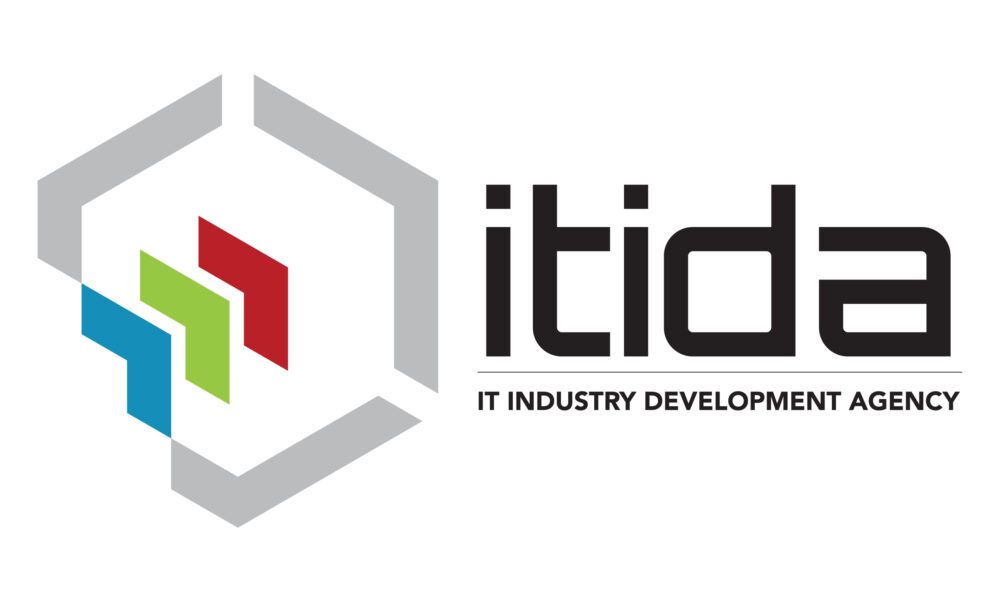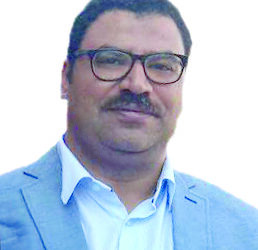Dr Ibrahim Negm
Senior advisor to the Grand Mufti of Egypt
In the complex and deeply entrenched conflict between Israel and Palestine, one cannot help but notice a glaring double standard in how Western media outlets report and analyze the situation. While journalistic objectivity should be paramount, it is evident that bias often creeps in, skewing the perception of the Palestinian issue. This double standard perpetuates a narrative that favors one side over the other, hindering the prospects for peace and a just resolution to the conflict.
Western media, particularly in the United States, has historically displayed a disproportionate focus on the Israeli perspective. The narratives often emphasize Israeli security concerns, while downplaying or even omitting the suffering and grievances of Palestinians. This skewed framing serves to perpetuate a one-sided view of the conflict, leaving many viewers and readers with a limited understanding of the root causes and consequences of the ongoing struggle.
One striking example of this bias lies in the language used to describe the conflict. The term “terrorism” is frequently employed when referring to Palestinian actions, whereas Israeli military operations are often framed as acts of self-defense. Such terminology reinforces the perception that one side is morally justified while the other is not. This oversimplification does a disservice to the complexity of the situation and obscures the fact that violence is committed by both parties.
Furthermore, Western media’s portrayal of the Palestinian leadership is often riddled with stereotypes and generalizations. While there are certainly flaws within the Palestinian political landscape, the media’s tendency to focus on these issues distracts from the broader context of occupation, Mass killing, collective punishment and displacement. It is essential to differentiate between the actions of a fringe minority of the Palestinian factions which we condemn and the plight of an entire population, as failing to do so paints an inaccurate picture of the Palestinian plight.
Another glaring double standard is the differing treatment of casualties on both sides. Palestinian casualties, including civilian deaths, are frequently reported in the aggregate, while Israeli casualties are often covered in detail, humanizing the victims and creating a sense of empathy among viewers. This disparity in coverage fosters an unequal perception of suffering and victimhood, further perpetuating the cycle of violence.
Western media also tends to prioritize Israeli voices and perspectives in interviews and expert analysis. While it is important to hear from all sides of the conflict, this imbalance of representation can create an impression that one side’s narrative is more credible or legitimate than the other’s. It is crucial to provide a platform for diverse voices and opinions to ensure a more comprehensive understanding of the conflict.
To address this double standard, Western media outlets must commit to impartiality, balanced reporting, and inclusive representation. Journalists should strive to offer a nuanced view of the Palestinian issue that acknowledges the grievances, aspirations, and humanity of all involved parties. By doing so, they can play a constructive role in fostering empathy, understanding, and ultimately, a just and lasting resolution to the Israeli-Palestinian conflict.
In conclusion, the double standard in Western media’s coverage of the Palestinian issue is a concerning obstacle to achieving peace and justice in the Middle East. Recognizing and rectifying this bias is essential for fostering a more informed and empathetic global perspective on the conflict, one that supports the rights and aspirations of both Israelis and Palestinians.
In the complex and deeply entrenched conflict between Israel and Palestine, one cannot help but notice a glaring double standard in how Western media outlets report and analyse the situation. While journalistic objectivity should be paramount, it is evident that bias often creeps in, skewing the perception of the Palestinian issue. This double standard perpetuates a narrative that favours one side over the other, hindering the prospects for peace and a just resolution to the conflict.
Western media, particularly in the United States, has historically displayed a disproportionate focus on the Israeli perspective. The narratives often emphasise Israeli security concerns, while downplaying or even omitting the suffering and grievances of Palestinians. This skewed framing serves to perpetuate a one-sided view of the conflict, leaving many viewers and readers with a limited understanding of the root causes and consequences of the ongoing struggle.
One striking example of this bias lies in the language used to describe the conflict. The term “terrorism” is frequently employed when referring to Palestinian actions, whereas Israeli military operations are often framed as acts of self-defence. Such terminology reinforces the perception that one side is morally justified while the other is not. This oversimplification does a disservice to the complexity of the situation and obscures the fact that violence is committed by both parties.
Furthermore, Western media’s portrayal of the Palestinian leadership is often riddled with stereotypes and generalisations. While there are certainly flaws within the Palestinian political landscape, the media’s tendency to focus on these issues distracts from the broader context of occupation, Mass killing, collective punishment and displacement. It is essential to differentiate between the actions of a fringe minority of the Palestinian factions which we condemn and the plight of an entire population, as failing to do so paints an inaccurate picture of the Palestinian plight.

Another glaring double standard is the differing treatment of casualties on both sides. Palestinian casualties, including civilian deaths, are frequently reported in the aggregate, while Israeli casualties are often covered in detail, humanising the victims and creating a sense of empathy among viewers. This disparity in coverage fosters an unequal perception of suffering and victimhood, further perpetuating the cycle of violence.
Western media also tends to prioritise Israeli voices and perspectives in interviews and expert analysis. While it is important to hear from all sides of the conflict, this imbalance of representation can create an impression that one side’s narrative is more credible or legitimate than the other’s. It is crucial to provide a platform for diverse voices and opinions to ensure a more comprehensive understanding of the conflict.
To address this double standard, Western media outlets must commit to impartiality, balanced reporting, and inclusive representation. Journalists should strive to offer a nuanced view of the Palestinian issue that acknowledges the grievances, aspirations, and humanity of all involved parties. By doing so, they can play a constructive role in fostering empathy, understanding, and ultimately, a just and lasting resolution to the Israeli-Palestinian conflict.
In conclusion, the double standard in Western media’s coverage of the Palestinian issue is a concerning obstacle to achieving peace and justice in the Middle East. Recognising and rectifying this bias is essential for fostering a more informed and empathetic global perspective on the conflict, one that supports the rights and aspirations of both Israelis and Palestinians.
















































Discussion about this post